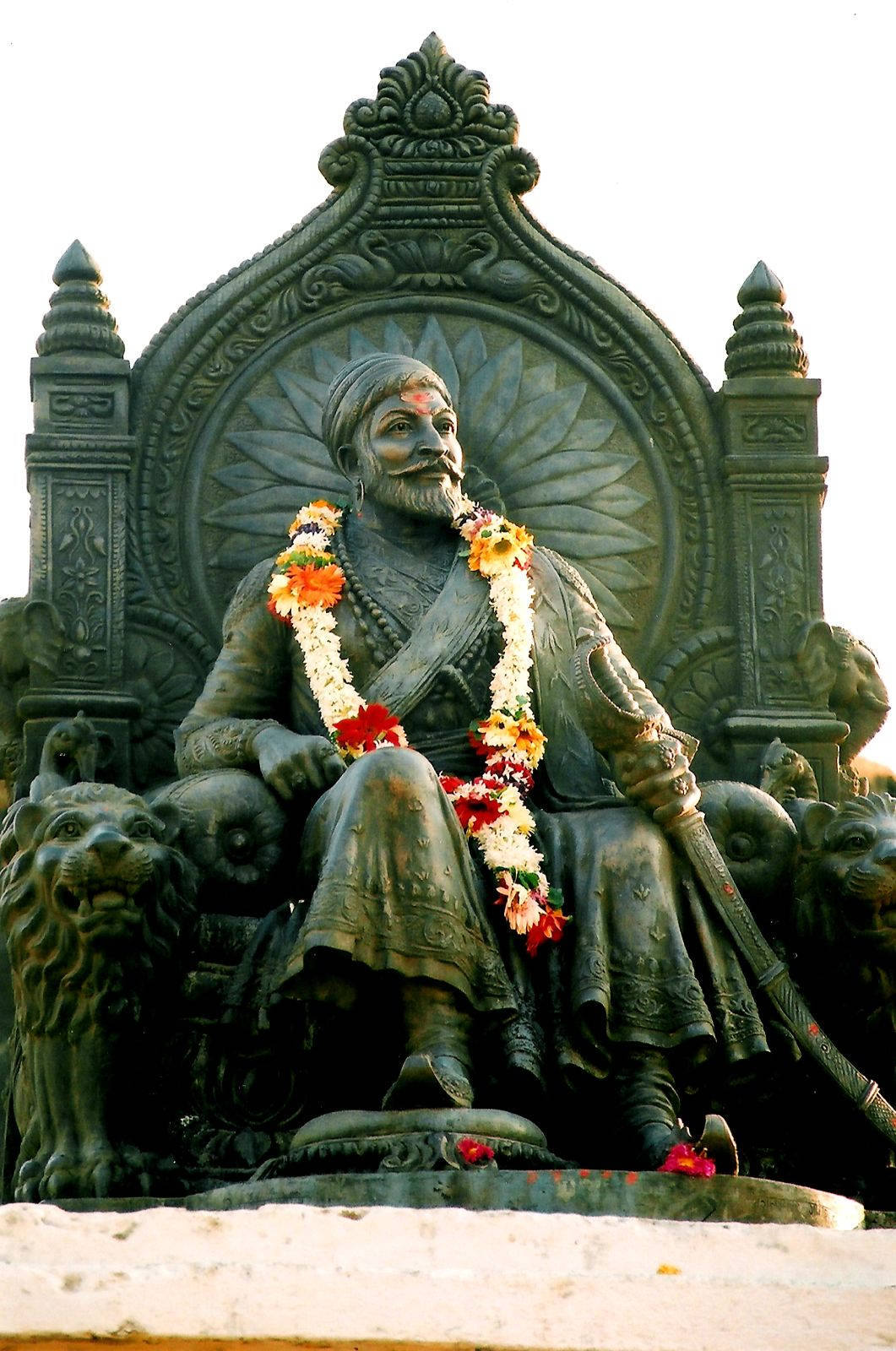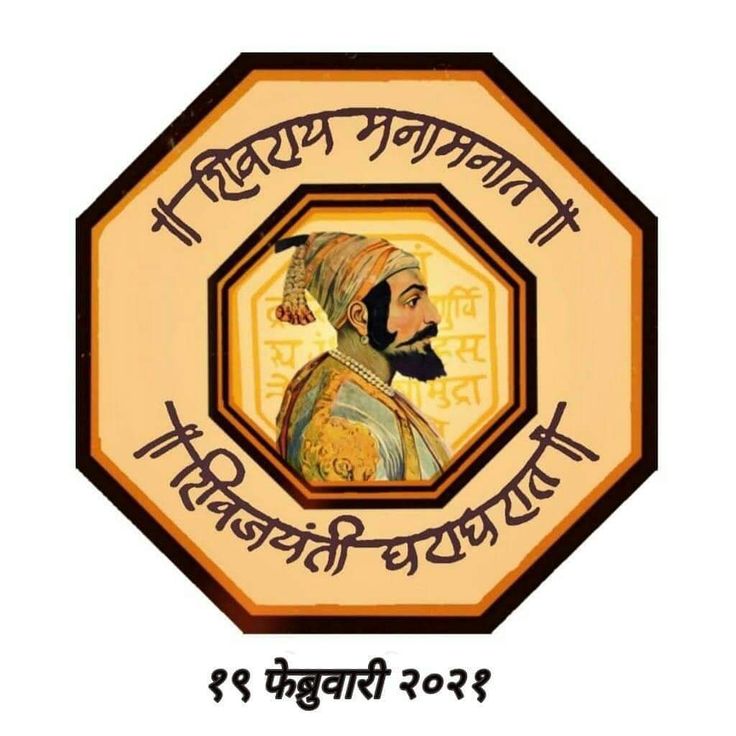जाणता राजा (JanataRaja)

The summer of 2009 was a turning point in my life for two profound reasons. First, my family and I narrowly escaped a life-threatening accident while returning from Konkan Refer: Baap. Second, and more significantly, I had a profound awakening to the legacy of Chhatrapati Shivaji Maharaj—a realization that ignited an unshakable sense of pride in my Marathi heritage and forever changed the way I saw my roots.
It was April 9, 2009. My grandparents (Aaji and Ajoba) had come over to visit. It was a typical summer evening, and as the clock struck five, I instinctively grabbed my cricket bat and cap, ready to join my friends for our usual game—a sacred summer ritual. As I was leaving, I heard Aaji call out, “Lavkar ghari ye aaj Maharajancha picture baghayla challoy 7 vajta” (“Don’t be late, we are watching a movie about Shivaji Maharaj at 7 PM”).
At that moment, I could not have been less interested. The thought of cutting short my playtime for a history-based movie was infuriating. However, fearing the wrath of my mother, I reluctantly returned home on time. Little did I know that this film would leave an everlasting impact on my life, transforming my perspective forever.
The movie we watched that evening was Mi Shivaji Raje Boltoy, starring Sachin Khedekar and Mahesh Manjrekar. No words can truly encapsulate the vast legacy of Chhatrapati Shivaji Maharaj, but let me briefly outline the film’s essence. It tells the story of a middle-class Marathi man, struggling to make ends meet while being looked down upon in Mumbai for not being wealthy or influential. Over time, he has become submissive, accepting his fate, until one day, Shivaji Maharaj himself appears in his life. The great king awakens the warrior spirit within him, reminding him of his roots, his identity, and the immense potential he carries as a descendant of the Maratha empire.
The film highlights how, over generations, we Marathis have lost touch with our glorious history. It reminded me that we, the people of Maharashtra, once followed the principles of a king who fought against the mighty Mughal Sultanate and established Hindavi Swarajya (self-rule of the Hindus). Shivaji Maharaj was the only king who was not born into royalty but instead carved his own empire with sheer determination and courage. He was a warrior who led from the front, treated his soldiers as his own family, and built a legacy of valor, justice, and freedom.
That night, something changed within me. I realized how often Marathis complain about the injustices of the world but fail to take action. Instead of rising together and building something meaningful, we pull each other down. One particular scene in the movie resonated deeply with me—when the protagonist, Bhosale (the same surname as Shivaji Maharaj), laments that all businesses in Mumbai are owned by Gujaratis, Sindhis, and Marwaris, and questions what a Marathi man is supposed to do. To this, Maharaj replies, “Who has stopped the Marathi man from doing the same?”
More than 60 years after independence, we Marathis still have the power to succeed, yet we often fail to support one another. Other communities have flourished in Mumbai, not because they took away our opportunities, but because they worked hard and supported each other while we remained divided. I hold no resentment against Gujaratis, Marwaris, or Sindhis—in fact, I respect their business acumen. But I do have an issue with the Marathi mindset of constant complaining instead of taking action. That night, I understood my father’s dinner-table conversations in a new light. He, a Marathi man from a lower-middle-class background, built a successful business from scratch. And yet, this story isn’t just about him—it’s about the spirit of resilience that every Marathi person has within them but often forgets.
The film left a deep impact on me. I was captivated by the Powada (a traditional Marathi ballad) that narrated the battle of Pratapgad and the legendary victory over Afzal Khan. That very night, I asked Aaji to get me books on Shivaji Maharaj, and she happily obliged. That summer, instead of playing PlayStation, I spent my afternoons devouring stories about Maharaj’s bravery, his strategic genius, and his undying commitment to his people. I watched every episode of Raja Shivchatrapati on Star Pravah, immersing myself in his extraordinary journey.
Later that year, during our school’s annual day, there was a play reenacting Shivaji Maharaj’s legendary encounter with Afzal Khan. I immediately signed up, even though I only got to play the role of a soldier. Just being part of that reenactment felt like an honor.
Growing up, I had visited historical forts like Sindhudurg and Murud-Janjira, but after my awakening in 2009, these visits became more than just sightseeing trips. They felt like pilgrimages.
In my first year at COEP, Deodhar and some friends planned a trip to Sinhgad, where (after climbing for what felt like an eternity) we sat in the scorching May heat, relishing kanda bhaji (onion fritters) and curd while discussing the heroic sacrifice of Tanaji Malusare. He had climbed the fort’s steep walls with his men, fought valiantly, and laid down his life to reclaim it for Shivaji Maharaj. In my second year, we trekked to Purandar, experiencing firsthand the fort that once stood as bastion of Swarajya.
Every trek, every fort visit, and every historical tale reminded me of the rich legacy we Marathis have inherited. Whenever I faced difficulties in life, I found strength in the tales of Shivaji Maharaj and his fearless Mavalas—warriors who embraced death with a smile for the sake of Swarajya.
I recalled Baji Prabhu Deshpande and his unwavering Bandal Sena, who fought to their last breath at Ghod Khind—later immortalized as Pavan Khind—ensuring Maharaj’s safe escape. The memory of watching Pawankhind recently still lingers in my mind. I couldn’t hold back my tears as I witnessed the sheer valor of Baji and his warriors. They knew death was inevitable, outnumbered as they were by the Mughals, yet they fought not for survival but to delay the enemy, forcing Maharaj to retreat while they made the ultimate sacrifice.
I thought of Tanaji Malusare, who risked everything, especially when his son Raiba was going to get married, to scale Kondhana Fort, and Shiva Kashid, who willingly sacrificed himself to deceive the enemy, ensuring Maharaj’s safe escape from Panhala. Compared to their courage and sacrifice, my own hardships felt trivial. The strength one feels after reading about these brave men is simply unreal.
As a Hindu Maratha, I feel blessed to be born in the land of Chhatrapati Shivaji Maharaj. No matter where in the world I live, I will always take pride in his legacy. On this special day, the Jayanti (birth anniversary) of the father of the Maratha Empire, I want to conclude with one simple yet powerful statement:
“गर्व आहे मला माझ्या मराठी असल्याचा!” (I am proud of my Marathi heritage.)
जय भवानी! जय शिवाजी! (Jai Bhavani! Jai Shivaji!)
